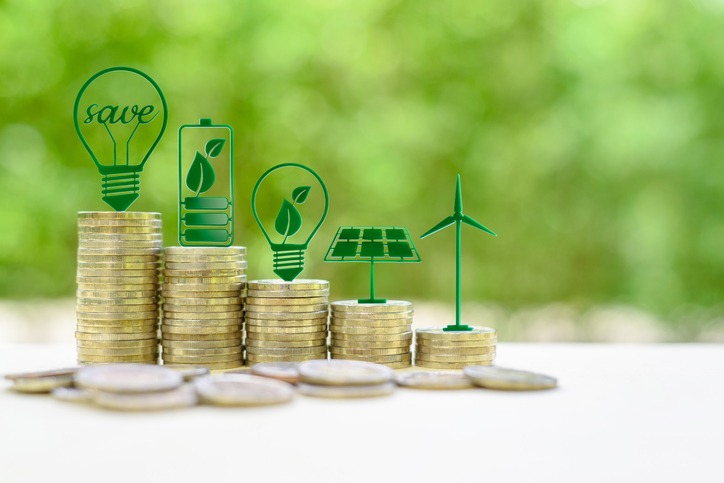
Becoming more energy efficient not only saves you money, it can also benefit your business’ working environment and prepare you for the future
According to research by the Carbon Trust, for many businesses, a 20% cut in energy costs represents the same bottom-line benefit as a five percent increase in sales. To cut these costs, business owners should be taking action in three areas:
- energy efficient practices;
- renewable technology;
- their workforce.
Businesses implementing energy-saving practices across these areas may find that they see a number of benefits such as:
- increased productivity;
- reduced energy bills;
- improved business green credentials;
- enhanced reputation;
- reduced exposure to future energy rises;
- wider benefits to society, such as reduced carbon emissions and improvements in air quality.
So, what measures should businesses be implementing?
Energy efficiency practices
Saving energy starts at the source. Businesses must consider how they use energy in their workplaces plus areas of waste and how to minimise this. To begin this process, it is a good idea to consider where your energy is going; conduct a business energy audit to identify where energy is being wasted and prioritise areas that need change most urgently and install a smart meter to see how much energy you’re using. Smart meters can also identify areas of waste and help improve energy efficiency.
Key areas for business energy waste include:
- Lighting: according to the Energy Saving Trust lighting makes up 11% of the average UK household electricity consumption. To save energy, businesses should encourage their employees to turn lights off when they aren’t being used, consider using automatic lighting to prevent lights from being left on accidentally and/or switch to LED lighting – LED bulbs use less energy and cost less in the long run.
- Heating: controlling the heating in your workplace to maintain a good working temperature can help to minimise wastage. You can use a regular thermostat to regulate this or consider a smart thermostat to turn the heating on and off and intervals to maintain the perfect temperature.
- Equipment: managing office equipment can reduce the amount of energy it consumes by up to 70%. Encourage employees to ensure equipment is off when not in use and is never left on after working hours. For the longer term, invest in energy-efficient equipment for a less wasteful office set-up.
Invest in renewable technology
McKinsey estimates that by 2035 renewables will generate 60% of the world’s electricity. For business owners, it is important to begin considering the role that renewable technology will play in the workplace. Examples of renewable technologies include:
- Solar panels: investing in solar panels can reduce your power consumption as your business will be generating electricity instead of relying on the grid.
- Voltage optimisation: voltage optimisers reduce the amount of electricity powering your equipment to the optimal voltage needed and reduces the amount of electricity wasted.
- Heat pumps: these electricity to generate heat instead of relying on a gas boiler and so they reduce gas consumption.
Include your employees
Including your employees in your energy efficiency plans will help build a company-wide commitment to energy saving. If employees are unaware of the benefits of energy-saving programmes, they are not going to have the motivation or drive to help the business implement them.
- Educate your employees: train them on environmental issues and energy management.
- Place posters and stickers around the workplace: improve their awareness of energy efficiency – the more awareness they have, the more they will feel a part of the bigger picture.
- Set clear efficiency goals: incentivise and reward employees for their positive behaviour as this will help to build an internal company culture of energy saving.
The energy crisis is still throwing up challenges for businesses across the industry. Whilst the government is currently offering support through the energy bills discount scheme, it is important that businesses implement their own energy-saving measures to stay protected from further disruption.


Be the first to comment